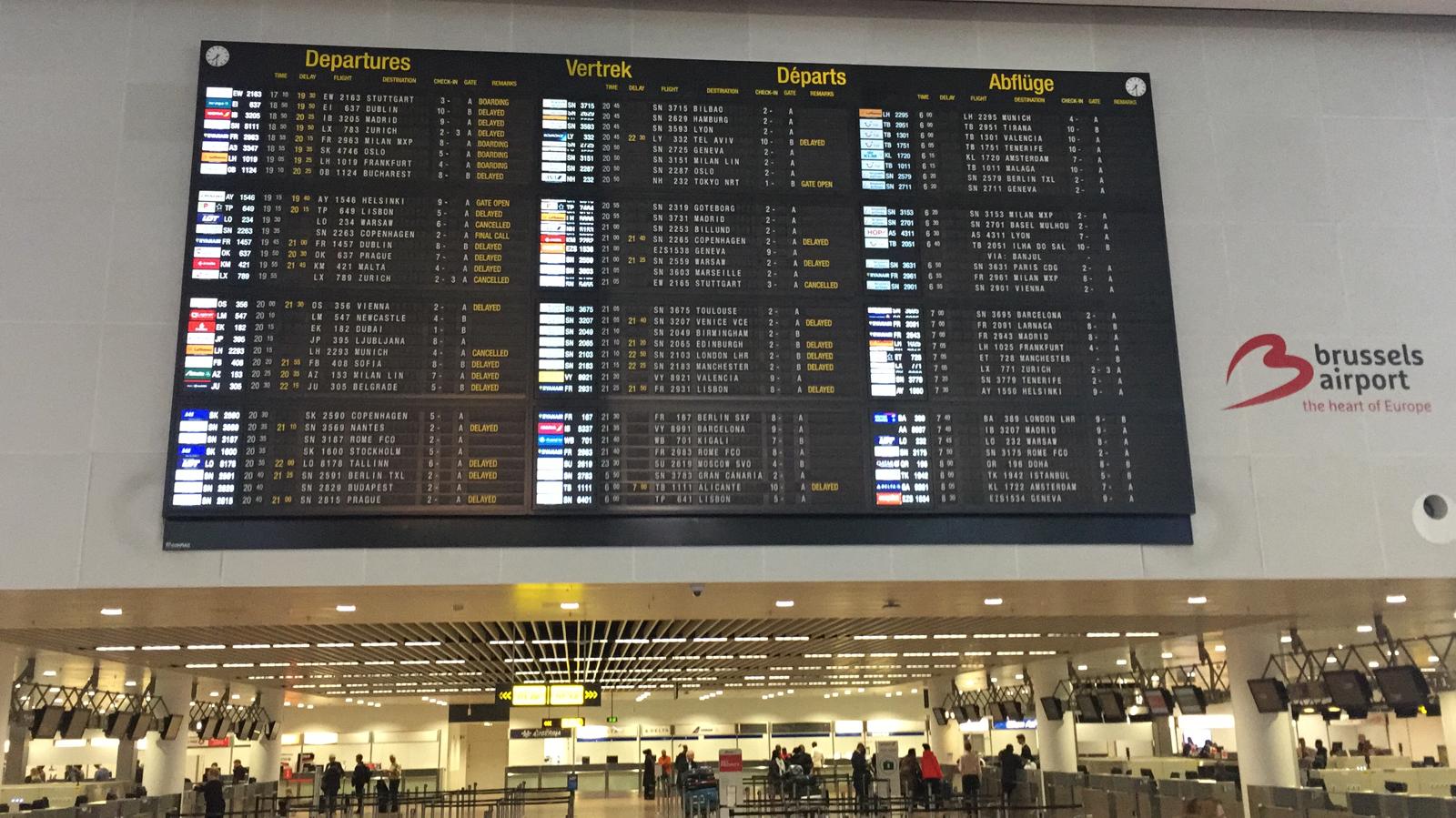Last Friday, six people got arrested at Brussels Airport, Belgium for smuggling 200 kilos of glass eels, an endangered species that can’t be traded, the prosecutor of Halle-Vilvoorde reported. Customs at the airport discovered 18 identical suitcases had been checked in, all packed in plastic film.
The luggage was scanned and all of them turned out to be carrying the same content. Upon inspection of one suitcase, customs discovered plastic bags filled with water and glass eels, with frozen bottles of water as a coolant.
The European eel is a critically endangered species. Since the 1970s, the numbers of eels reaching Europe is thought to have declined by around 90% (possibly even 98%). Contributing factors include overfishing, parasites such as Anguillicola crassus, barriers to migration such as hydroelectric dams, and natural changes in the North Atlantic oscillation, Gulf Stream, and North Atlantic drift. Recent work suggests polychlorinated biphenyl (PCB) pollution may be a factor in the decline. TRAFFIC is introducing traceability and legality systems throughout trade change to control the decline and encourage a U-turn on the species. The species is listed in Appendix II of the CITES Convention. (wikipedia)
After checking the other suitcases and the passenger data, it turned out that six passengers of Malaysian descent wanted to smuggle a total of 200 kilos of glass eels via Qatar and Vietnam to Malaysia. The estimated value on the “Black Market” is around 400,000 euros.
Customs contacted the public prosecutor’s office, which ordered the arrest of the six people. They were intercepted before the departure of their flight. An investigating judge was demanded who heard the six people today and placed them under arrest. Next Thursday, they will appear before the council chamber.
The maximum sentence for smuggling of endangered species is a five-year prison sentence.
Source: European eel (wikipedia)
Zes mensen gearresteerd op Brussels Airport voor smokkel van glasaaltjes (VRTnws)



